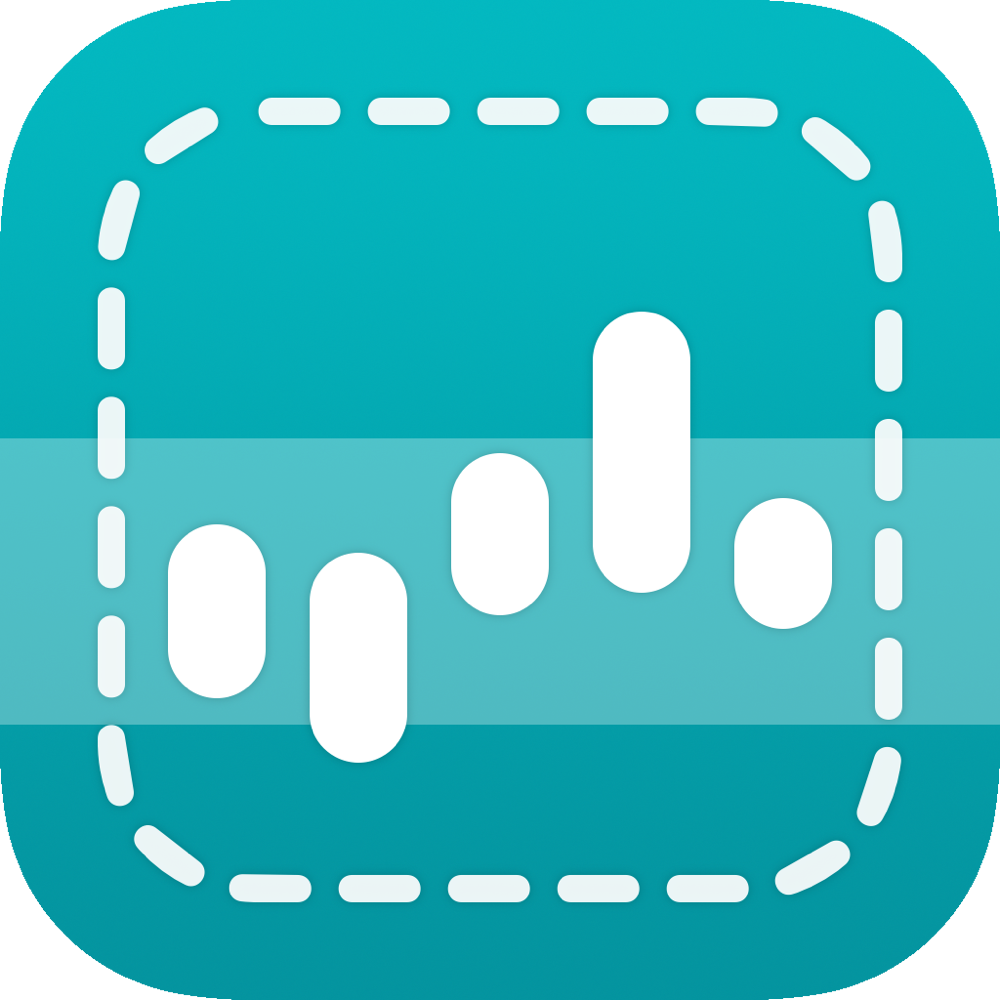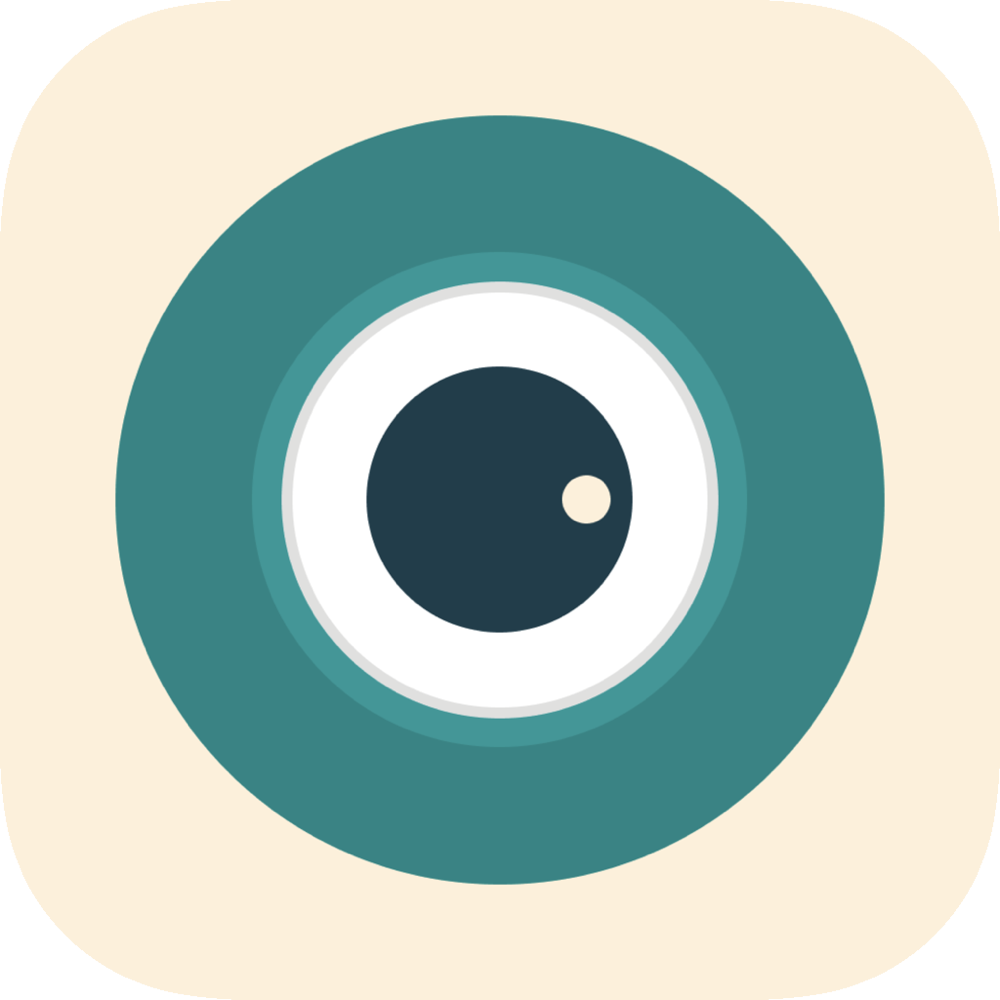Issue #10 - Glucomate
Issue 10 is already here 🎉. I just want to say thank you to everyone who has been following the newsletter. I hope it continues to showcase the incredible work that indie devs do. I'm really enjoying hearing about great apps. I'm grateful to everyone who has subscribed and/or followed on Twitter & Mastodon. I would really appreciate it if you could help others find the newsletter by sharing it.
This week, we're taking a look at Glucomate, created by Zach Simone. Glucomate takes HealthKit data and presents it in an easy-to-read form. A lot of time has been spent presenting the data in a simple and useful way. The colours used in the charts and graphs greatly aid readability. One of my favorite features is the help provided on each graph - a nice touch.
App Spotlight
App Name : Glucomate
Developer : Zach Simone - Mastodon
What is Glucomate?
Glucomate is an app for anyone who monitors their blood glucose, records it in HealthKit, and wants to be able to look back and analyse that data later on with detailed charts and analysis. It was built for people with diabetes in mind, but really it's for anyone who records this data.
Glucomate works exclusively with HealthKit, and uses it both as a data source and a data store. HealthKit is a great framework to work with - it's very fast, reliable, and private by design.
Where did the idea for Glucomate come from?
I've had type one diabetes for a long time now, but only in the last 6 years started using a continuous glucose monitor (CGM) device which, as the name implies, takes constant glucose readings throughout the day. It generates a lot of data, and stores it in HealthKit, but I always struggled to find a good way to look back over this data.
The idea for Glucomate was what if I built the app for viewing and analysing this data that I wish existed. I'm a visual person and like seeing data presented with charts and colours, which I find allows me to quickly spot trends or anomalies in my own data. Of course, Glucomate, can't draw any conclusions about the data for you, but it can present data in interesting ways which people might find more helpful than a spreadsheet.
It had to solve a few issues I'd observed with various other solutions:
Had to be fast, and easy to access. I'm very conscious about making sure Glucomate opens quickly, and by virtue of being an app on your phone, always in your pocket, it's easily accessible from anywhere.
It had to look good. Lots of software for this kind of purpose is ugly or clinical. I want Glucomate to be an app that people like to use. Ensuring things look good and data is presented cleanly is very important for this app.
Minimal setup and ongoing requirements. Some tools out there are very good, but require complex setup, or exclude you from using other apps as they can interfere with each other. Glucomate has none of this. It doesn't interfere with any other app or device, and has as short of a setup process. The onboarding is 5 screens, and by the time you're done the app should know everything it ever needs to know about you. While you can change any of the settings or information later, my hope is that from that point you can use the app without thinking about them again.
What’s one stand out feature you’d like everyone to know about?
I'm going to assume most of the audience doesn't monitor the blood glucose, so the one thing they should know about is that Glucomate has a fully-featured demo mode. It can be a letdown to open the app and not see anything, so I wanted to give people a way to see the app filled in with dummy data to get a feel for what it's like, play with the charts, see how different data types are presented, etc. I'm quite proud with how it turned out. Demo mode is completely free, and if you aren't subscribed, it will remove any restrictions that otherwise apply. I could see this feature also being useful to someone who has real data in the app but is on the fence about subscribing, as it lets them experience what it's like when everything is unlocked - just without their real data.
How do you promote Glucomate?
App Store Search Ads are working well to reach people who otherwise wouldn't have known about the app. I wish Apple let you see how much revenue came specifically from people who installed the app through a search ad.
I also just started an Instagram account for the app. I haven't seen much of an impact yet, but the plan is to keep posting there as it turns out there's a huge community of people with diabetes on there and they like to post tips insights into what tools and technology helps them with their diabetes.
Next up, I plan to start getting in touch with various diabetes related websites/blogs/magazines.
How did you decide on the pricing?
This is a tough one! For the longest time, I expected Glucomate would be a paid-upfront app, but the more I thought about it the more I realised there is probably a reason that paid upfront is (mostly) dead, and that almost every new app these days has subscriptions.
Relatively close to launch I ended up adding subscriptions - $1.99 USD/month, or $14.99 USD/year. These are on the high side, but my reasoning is that it's a relatively niche app, and it's going to be harder to "make it up in volume" as the old app pricing adage goes. One thing that may not stick around is the "lifetime" unlock pricing of $59.99 USD. I like the idea of keeping it for people who don't like subscriptions.
How did you launch Glucomate?
I tried to create a splash on Twitter/Mastodon initially, as well as contacting various tech blogs, as I thought it's mostly tech people like myself who care about the concept of an initial release date. That worked relatively well. I didn't hear back from most of the blogs/websites I contacted, but a few big ones wrote about it on launch day which was very exciting and helped to make the launch a success.
How long did it take to get to the first version?
About 5 years. The first commit in the repo is from 4th February 2018. Though that's a little misleading. Glucomate has always been a side project (though I'm trying to change that!), and there were long periods between then and the launch in April of 2023 that I didn't touch it. I've worked on other side projects in the mean time, or just prioritised different things in my spare time. There were a couple of times I scrapped almost everything and started again - the most recent being when SwiftUI came out. It got to a point soon after that where I was happy using it day-to-day, but it wasn't good enough for the App Store. It took the introduction of Swift Charts in 2022 to motivate me to finish off the last of the UI, and then a few more months to go through and make sure everything looked good and worked well before being comfortable enough to release it. Oh, and adding a subscription paywall. ;)
Is there anything you’ve learnt that stands out?
Talking to customers is really important. I can see that people download the app, use it, and subscribe, but it's very difficult to know why. Everyone uses Glucomate slightly differently. People's favourite chart or stat is different, and everyone wants the next feature to be something different. The best way I've found to learn more about my customers and what they want is to talk to them. I do this by trying to engage with most people who write in either for support or to request a feature. It isn't possible to do everything everyone requests, but I find that by asking and listening to these requests, the most important things come up time and time again.
Any tools or apps you would recommend others check out?
I'm a big fan of Telemetry Deck for lightweight analytics in apps, and it is absolutely worth checking out. What I like most about it is its focus on privacy for the end user. Putting any kind of analytics in an app that also has access to Health data could be considered risky, but I like that I can use their service by simply sending POST requests to an end point (or use the excellent open-source Swift Package if that's more your speed), instead of having to drop a giant closed-source library into the app that could be doing anything it likes with people's information.
Where can everyone go to find out more?
Glucomate has a website, and I post regular updates about what I'm working on on both my personal Mastodon, and Glucomate's mastodon.
App Radar
Updates
Eye Exercise: EyeYoga by Maksym - Twitter/X
- New feature: added comprehensive exercises to help relieve eye strain.
- New feature: you can now view statistics and histories of exercises you have already done.
- New feature: the importance of doing eye exercises is important, so we have added a new feature - a reminder.
Thanks for reading, I hope you enjoying reading as much I do putting it together. Please help support the newsletter by sharing it. The social links are below.
If you have an app, tool or service that would like to be included then please submit it here.
IndieAppSpotlight - Mastodon, Twitter/X
by Craig Osborne - Mastodon, Twitter/X





